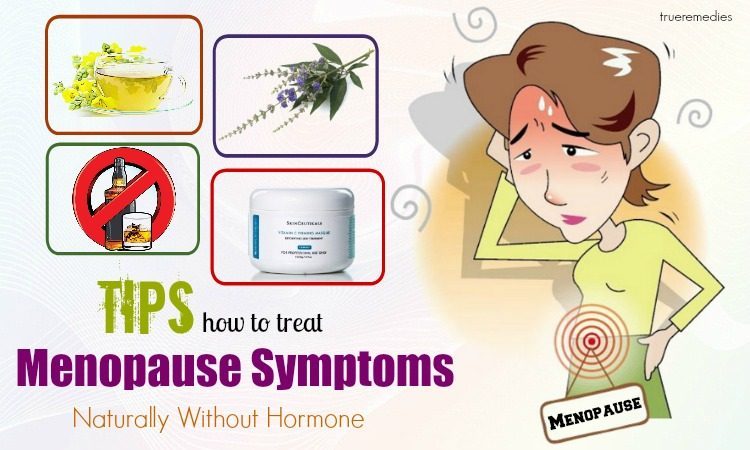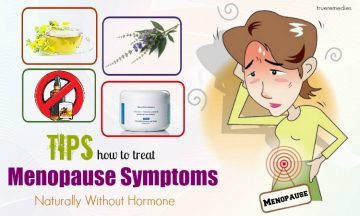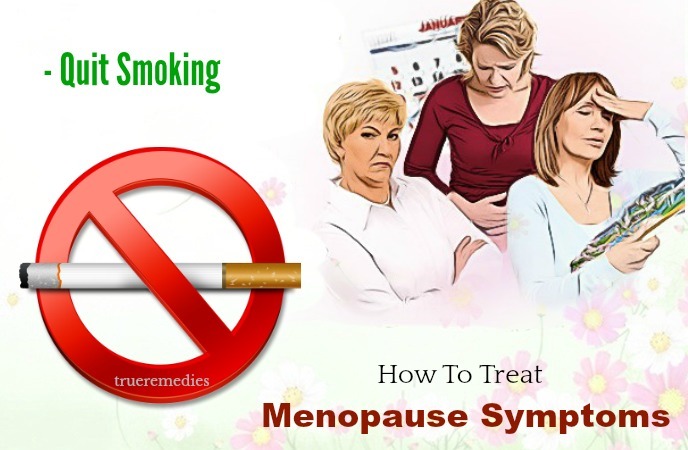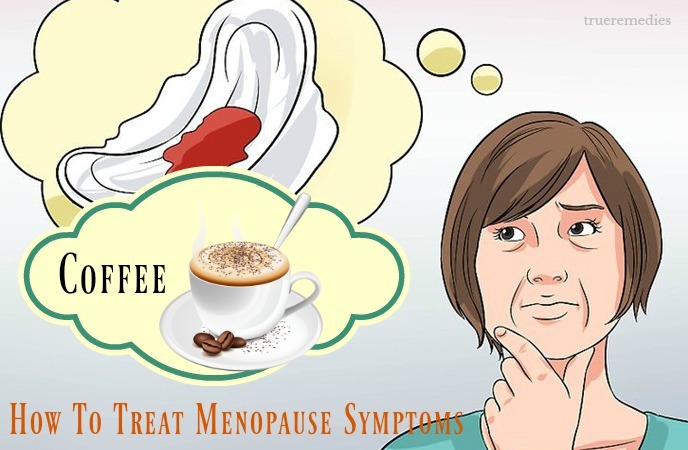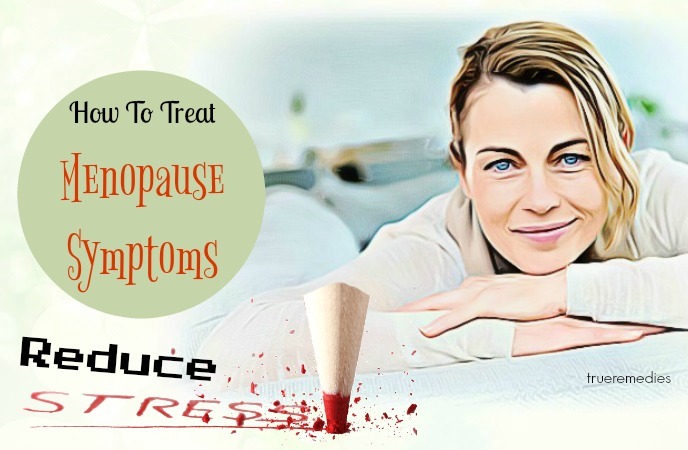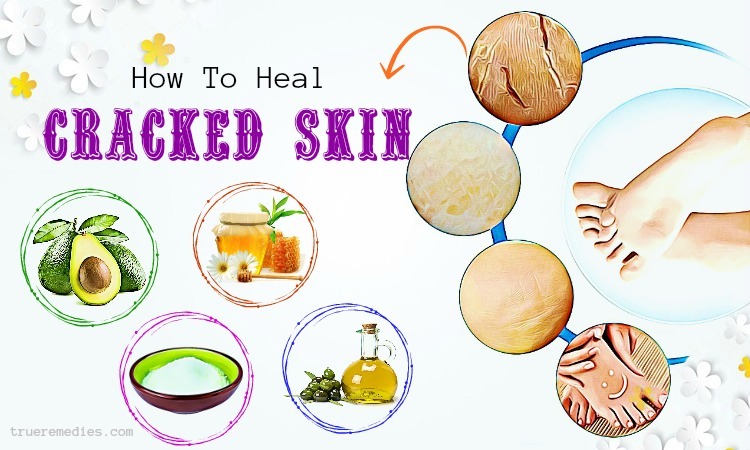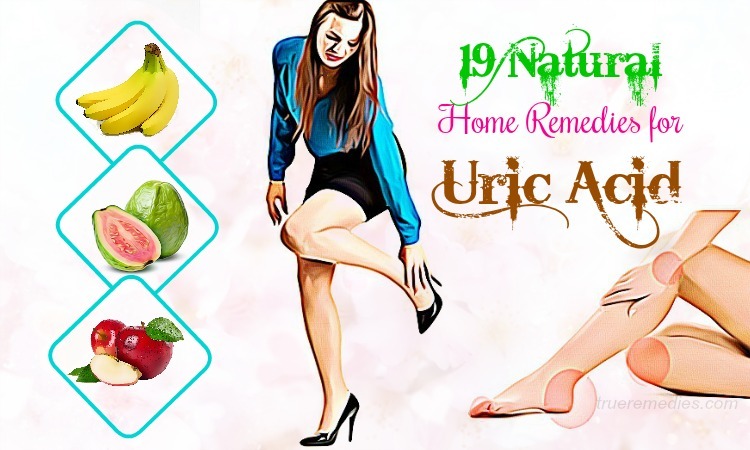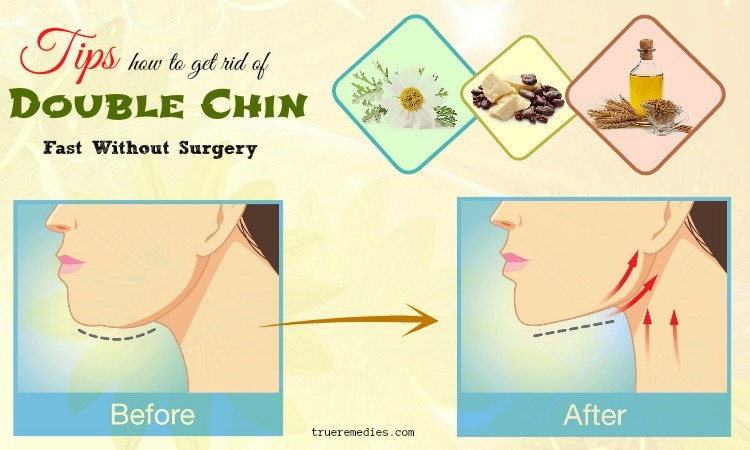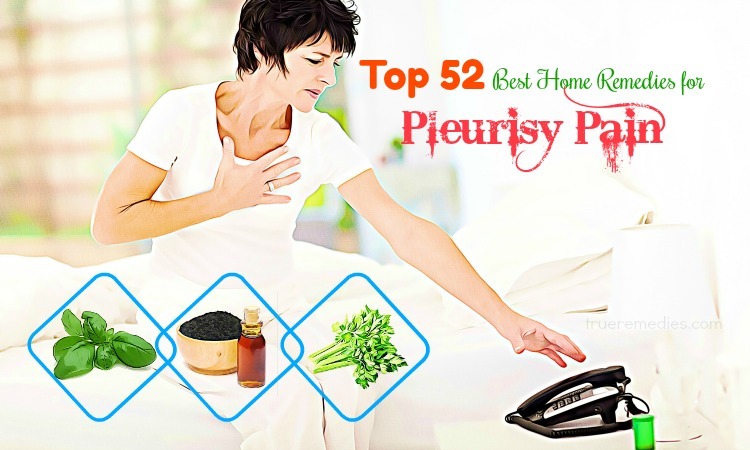Contents
Estrogen is a natural hormone found in the body of both men and women. Maintaining good estrogen levels is important for both genders, but women need more estrogen to perform their normal bodily functions such as pregnancy. Unfortunately, due to some causes, estrogen levels in the body can fall quickly, causing symptoms of menopause. During menopause, you may suddenly find itchy on the skin. When estrogen levels begin to decline, the body's ability to produce oil also slows, leaving the skin dry and itchy. How terrible! But do not worry, the natural tips on how to treat menopause symptoms introduced in this article will help you. First, determine your condition with the information below.
What Is Menopause?
Menopause is the transition period from middle age to old age. Physiologically, when women are in menopause, they enter the second phase of life. This is a very long process. In this, the woman's body undergoes some changes such as ovulation decline, hormone change, menstrual malaise, and genital atrophy. Typically, this period starts at the age of 40 and usually lasts about 10-20 years.
What Are Common Causes Of Menopause?
From the age of 30 onwards, the female body begins to lose estrogen. By the age of premenopausal, this hormone decline rapidly, leading to hormone deficiency. Estrogen is involved in the onset of puberty and plays a role in the development of female sexual characteristics. In addition, estrogen also plays a role in the formation of skeletons, coagulation and other functions in the body. This hormone also affects the brain. Studies have also shown that there is a link between low estrogen levels and depressed moods.
Estrogen levels rise sharply during puberty and pregnancy and decline dramatically during menopause. During this period, the mechanism of estrogen production in the ovaries is no longer effective.
However, in some people who have not yet reached menopause, estrogen can be reduced due to decreased ovarian function. In addition, estrogen levels also decrease in some people with heavy exercise or diet regimen because the amount of fat in their body is too small to produce estrogen. Estrogen levels also decrease after the woman gives birth [1].
What Are Common Symptoms Of Menopause?
Here are common symptoms of this condition [2] :
TrueRemedies Partner Solutions

Need a Help from the Leading Expert Online, Available 24/7?
They’re all here and ready to answer your questions online or by phone. Keep asking questions until you get the answer you need.
- Dry skin and itching
- Urinate too much
- Pain in the vagina when urinating
- Sleep disorders and sweating during sleep
- Face often feels very hot
- Unusual menses
- Menstruation may suddenly disappear
- Decline in fertility
- Dry and breakable hair
- The breasts become very soft
- Voice changed
- Hair grows much in hands and feet
- Become sensitive to everything
You may experience other symptoms not mentioned. If you have any questions about the signs of the disease, please consult your doctor.
What Are Risk Factors?
Menopause affects every woman in the middle-aged to the elderly, especially the obese and the regular smoker. You can control this condition by minimizing risk factors. See your doctor for more information.
When To See A Doctor?
You should see a doctor if you experience the following condition:
- Periods disappear for several months
- Feeling painful when having sex
- Bones are easy to break
- Insomnia for a long time
If you have any of these signs or symptoms or have any questions, please consult your doctor. Each person's condition is different, so please consult your doctor to select the most suitable option.
There, you have discovered some information about menopause symptoms, it is time to find out what the best tips that can treat this condition. Take a look at TrueRemedies.com!
Top 20 Tips On How To Treat Menopause Symptoms Without Hormones
1. Quit Smoking
Quitting smoking is an essential tip on how to treat menopause symptoms naturally.
Smoking can negatively affect the endocrine system, limiting the body's ability to produce estrogen, which causes signs of menopause, and makes these signs worse. Premenopausal women who regularly smoke will have some signs like irregular menstruation, infertility and early menopause. Smoking is not good for overall health. Therefore, it is best to quit smoking.
2. Exercise Lightly
This is another tip on how to treat menopause symptoms without hormones. The way you exercise is related to lowering estrogen levels in the body. Do not do exercise too much, do it regularly. Gentle exercise is not only good for health but also reduces the risk of breast cancer in women and prolongs the life expectancy in general [3].
Athletes may suffer from decreased estrogen levels. Besides, thin women often have difficulty in producing estrogen. If you are an athlete or your body is low in fat, see your doctor for an estrogen supplement. This is probably the most effective way to improve the symptoms of menopause that you are experiencing.
3. Maintain A Healthy Diet
Your endocrine system needs a healthy body to function effectively and produce normal estrogen levels. Women do not absorb estrogen through the diet, but eating a variety of fresh foods gives you the best chance of producing estrogen naturally.
Here are some foods that can increase estrogen levels in your body:
- Green Papaya
Green papaya is considered a fruit that helps increase breast size. High levels of vitamin A and enzymes in green papaya help the body synthesize the active compounds that increase estrogen level.
- Garlic
Garlic contains large amounts of phytoestrogens. It is also very beneficial for the cardiovascular system. This delicious spice is an integral part of many dishes. In addition, it prevents estrogen deficiency. Sprinkle some of the garlic powder on the mashed potatoes, add the minced garlic to the noodles, toast, sandwiches or sauteed vegetables.
- Soy Bean
Soy bean contain very large amounts of isoflavones. This is a type of phytoestrogen that can be easily absorbed, helping the body produce more estrogen. Soy bean is also a source of nutritional protein in the vegetarian menu.
- Green Bean
Green bean contains high levels of phytoestrogens and fiber, so it has the ability to control estrogen levels in the body. Green bean also contains lots of B vitamins, iron, potassium, and fiber, but it contains less fat and calories, so it helps to lose weight and whiten skin.
- Peas
Peas contain many phytonutrients, fiber, vitamin C, magnesium, iron and potassium. In addition, the protein in this bean is easy to digest.
- Black Beans
Often used as a meat substitute, black beans are considered as foods that carry the full estrogen requirement. Besides, black beans also have high fiber and help lower cholesterol.
- Sesame Seeds
Sesame seeds contain lignin, a chemical compound that produces phytoestrogens. It also contains high levels of fiber and minerals needed for the body. In addition, sesame seeds are rich in phytic substances, compounds that help strengthen the immune system and slow down the aging process.
- Linseed
Estrogen in linseed is called lignans, which can prevent breast cancer, heart disease and prostate cancer. According to expert reports, linseeds have a high estrogen content – about 85.5 mg in 28 g linseed.
- Flaxseed
Flax seed is one of the most abundant phytoestrogens. Eat 1/2 cup of flaxseed to get maximum effect. It also contains high levels of omega-3 fatty acids that can reduce the risk of heart disease, cancer, stroke and diabetes.
- Radish
Containing a low calorie and natural carbohydrate content, radish are great food for people who need to take estrogen supplements but still want to maintain a healthy diet.
- Olive Oil
Olive oil is great for healthy hair, skin and heart protection. This natural oil also supports the activity of the hormones. It does not interfere with ovulation in women and it helps the body to balance its hormones.
- Wild-caught fish
The omega-3 fats from fish could protect the heart and enhance smooth skin while helping fight off inflammation from omega-6 fats. Some best sources are salmon, sardines, anchovies, mackerel, and halibut. According to studies, frequently taking omega-3 helps with the production of hormones and prevent postpartum depression, preeclampsia, menopausal problems, , heart complications, postmenopausal osteoporosis, breast cancer and depression [4].
- Probiotic foods
Probiotics are basically healthy bacteria that could promote the production and regulation of important hormones such as ghrelin, insulin, and leptin. They have the ability to increase immune system functions and protect cognitive functioning. Some good sources of probiotics are kefir, yogurt, and cultured vegetables like kimchi or sauerkraut, kombucha and some fermented foods.
4. Reduce The Use Of Sugar
To treat menopause symptoms, you need to reduce your intake of sugar. Fact is, sugar can lead to hormonal imbalance in the body. Therefore, instead of maintaining a simple starchy diet, start a low-starch whole grain diet. For example, instead of wheat flour, choose whole grain cereals. Besides, eat noodles made from whole grains or brown rice. If you maintain this tip for a long time, you will notice that your body has very positive changes.
5. Drink Coffee
Drink coffee to accelerate your treatment of menopause symptoms. Women who drink two cups of coffee (200 mg caffeine) or more each day have higher levels of estrogen than those who do not drink. Caffeine may increase estrogen levels but not increase fertility. If you plan to increase estrogen to increase ovulation, coffee and caffeine will not work. Drink coffee and caffeinated beverages moderately. You should not take more than 400 mg of caffeine a day.
Use organic coffee to reduce the risk of herbicides, pesticides, and fertilizers. Use non-bleached filter bags. Many coffee filter bags contain bleach to get white, so try to find non-bleached filter bags for safety.
6. Take Chasteberry Supplements
When it comes to naturally tips on how to treat menopause symptoms, chasteberry does a good job. You can find this herb in the form of tablets in most drug stores. Follow the directions to use the medicine to know the dosage appropriate for your condition. Chasteberry can reduce the symptoms of menopause syndrome. It has been shown to have a positive effect on estrogen levels.
Avoid chasteberry if you are using birth control pills, psychiatric medications, Parkinson's medications, or Metoclopramide.
7. Choose Foods Rich In Phytoestrogens
Phytoestrogens acts as an alternative to estrogen in the body and it is a natural component in some plants and herbs. Consider using phytoestrogens if you try to reduce the symptoms of low estrogen levels or menopause.
Use phytoestrogens at a moderate level. If you intend to become pregnant, you should avoid using phytoestrogens. Although you need to consume large amounts of food to increase your phytoestrogens levels, phytoestrogens are thought to be associated with infertility and developmental problems.
Foods and herbs containing phytoestrogens include:
- Legumes: soybeans, green beans, and beans
- Fruit: blueberry, plum, and apricot
- Herbs: oregano, black cohosh, buckwheat, and licorice
- Whole grain cereals
- Linseed
- Vegetables: Cauliflower and broccoli
8. Drink Herbal Tea
Drinking herbal tea should be mentioned in this list of tips on how to treat menopause symptoms without hormones.
Some herbal teas may increase estrogen levels, reduce menopause symptoms or premenstrual syndrome without affecting estrogen levels. While there are many options for eliminating menopause symptoms using herbs, some seem to work more effectively than others. It is best to have consultation of a naturopathic doctor before using herbal remedies, particularly if you are undergoing other medical issues and taking medications.
All you need to do is to dip herbs in a glass of hot water for about 5 minutes and drink it while it is still warm. Here are some herbs you should try:
- Black tea and green tea: they contain lots of phytoestrogens.
- Angelica sinensis: It is an ingredient in herbal medicine and it can relieve the symptoms of menopause syndrome. Do not use herbal teas if you are taking anticoagulant like warfarin.
- Purple creeper: it contains isoflavones that help relieve menopause symptoms or premenstrual syndrome.
Other herbs to consider are sarsaparilla, chaste tree, St. John’s wort, wild yams, red clover, licorice root, evening primrose oil, and ginseng.
9. Take A Quick Shower With Warm Water
Taking a shower with warm water will help you relieve symptoms of menopause significantly. One of the most irritating symptoms of menopause is itching. Changes in hormone levels in the body cause the skin to dry, causing itching. To reduce this symptom, you should shower or bathe for about 10 minutes and use warm water instead of hot water. This habit stimulates the natural moisture on the skin.
Avoid hot bathing because it will dry out the skin and make itch worse. Besides, avoid soap, shower gel and odorant products to avoid skin irritation. Choose soap that contains moisturizers to soften and provide water to the skin. Use a soft towel to gently dry the skin.
10. Apply Moisturizers
Dry skin is a typical sign of menopause. Moisturizing the skin immediately after a shower at least twice a day is very necessary. Moisturizing helps to retain the natural moisture and enhance the elasticity of the skin.
Use a lotion which does not have a scent and does not irritate the skin. You can also moisturize your skin with oatmeal as Aveeno. Vaseline wax is also not a bad choice for you. Avoid using moisturizing products containing flavoring, alcohol, or other irritating chemicals as this will make your skin dry.
11. Wear Non-Irritating Clothing
This is another must-try treatment in this list of tips on how to treat menopause symptoms.
Do not wear clothes that are hard, coarse (like wool) because they will cause irritation. Wear loose fitting clothing made from non-irritating materials such as cotton or silk. Wash clothes with a detergent that does not irritate the skin. Avoid using fabric softener products. Some detergent products can leave deposits on clothing, causing itching to become more severe. You should also use cotton bed sheets to help reduce itching at night.
12. Provide Enough Water To The Body
Provide your body with enough water to alleviate your menopausal symptoms. The human body needs water to survive. Taking inadequate water leads to dehydration, thereby exacerbating the symptoms of menopause, such as dry skin and itching. The American Academy of Medicine recommends that women drink at least 9 glasses of water a day. If you exercise or live in a hot climate, you need to drink more water.
13. Reduce Stress
Stress affects the body and makes menopause faster. Stress is the cause of menopausal symptoms such as dry skin, itching, eczema and dermatitis. Reduce stress by taking time to participate in daily relaxation activities such as meditation, yoga, walking or reading. In addition, you can try controlled breathing exercises to reduce stress.
14. Avoid Alcohol Consumption
The next treatment tip on how to treat menopause symptoms is avoiding alcohol consumption.
Alcohols act as diuretics that make you urinate more and cause dehydration. It also affects the blood circulation in the skin, making the symptoms of menopause worse. So stop consuming alcohol. If you need to drink, drink moderately and do not forget to add water to your body while drinking.
15. Take Vitamin Supplements For The Body
Taking vitamin supplement is the next one in this list of tips on how to treat menopause symptoms.
Not getting enough essential vitamins through the diet can make you soon experience the symptoms of menopause. Therefore, you should consider taking vitamin C, D, E and K supplements through the use of functional foods. In addition, you can use topical creams containing these vitamins to rapidly improve the skin condition caused by menopause.
- Vitamin C is an antioxidant involved in collagen synthesis and reduction of cell damage. You can take oral or topical vitamin C supplements.
- Vitamin D3 (available in the form of synthetic calcitriol) found in topical creams is very effective in treating skin diseases (such as psoriasis) by reducing inflammation and irritation.
- Vitamin E helps protect the skin from sun damage and reduces dermatitis.
- Vitamin K is found in topical creams. Although it scientifically proven to be as ineffective as vitamin C and E, it can treat skin irritation.
16. Try Using Anti-Itch Cream
Anti-itch cream helps moisturize and soothe the itch. You can buy over-the-counter anti-itch cream or ask your doctor for a stronger prescription if the over-the-counter cream is not effective.
Some popular anti-itch creams include Aveeno and Hydrocortisone 1%. If you use corticosteroid cream, you should apply cream to the itchy skin. Then, use a towel or cotton cloth soaked in water to wrap around the skin. Moisture from the towel will help the skin absorb the cream.
Keep in mind that anti-itch cream only relieves temporary itching and should only be used for a short period of time (usually less than a week). Talk to your doctor about using a prescription anti-itch cream for over a week.
17. Ask Your Doctor About Calcineurin Inhibitors
No wonder, this is definitely one that should be mentioned in this list of tips on how to treat menopause symptoms.
This is a topical cream that helps reduce dermatitis and can be used to replace the anti-itch cream. Some calcineurin inhibitors are available including Tacrolimus (Protopic) and Pimecrolimus (Elidel).
Note that calcineurin inhibitors can weaken the immune system, so you must strictly follow the instructions.
18. Take Antihistamines
Taking antihistamines is another must-try treatment in this list of tips on how to treat menopause symptoms.
Antihistamines help fight itching by preventing the production of histamine – a chemical that causes allergic reactions and itching. You can buy local topical medications or over-the-counter medications at the pharmacy. Some common antihistamines include Allegra, Claritin, Benadryl and Chlor-Trimeton. Always follow the directions on the label and do not increase your dose or drink more than directed.
19. Talk To Your Doctor About Hormone Control Medications
Hormone replacement therapy is a very useful solution for menopause. This therapy has been shown to help reduce the burning sensation, vaginal dryness and help reduce bone loss. In addition, although not mentioned, hormone replacement also helps to reduce itching on the skin.
Your doctor may prescribe low-dose estrogen to help relieve menopause symptoms. Your doctor may also recommend the use of combination therapy (estrogen / progesterone / progestin). This combination therapy applies to women who still have uterus. Side effects of hormone replacement therapy are bloating, swelling and chest tightness, headaches, mood swings, and nausea.
20. Ask Your Doctor About Antidepressants And Anti-Anxiety Medications
This is the last one in this list of tips on how to treat menopause symptoms.
Your doctor may also prescribe an antidepressant to treat the itch caused by menopause. One of the recommended medications is Busprione. This is an anti-anxiety drug that treats the itch on the skin by blocking dopamine – the neurotransmitter that controls the sensory center of the brain.
The aforementioned tips for menopause symptom relief are claimed to be able to reduce the symptoms of heavy or prolonged periods. Choose some of them and alternate them in your treating to see how effective they are. If you have any contributing ideas about our article of “Top 20 Tips On How To Treat Menopause Symptoms Naturally Without Hormones” introduced in How To Category, do not hesitate to drop your words below this post. We will answer as soon as we could.

